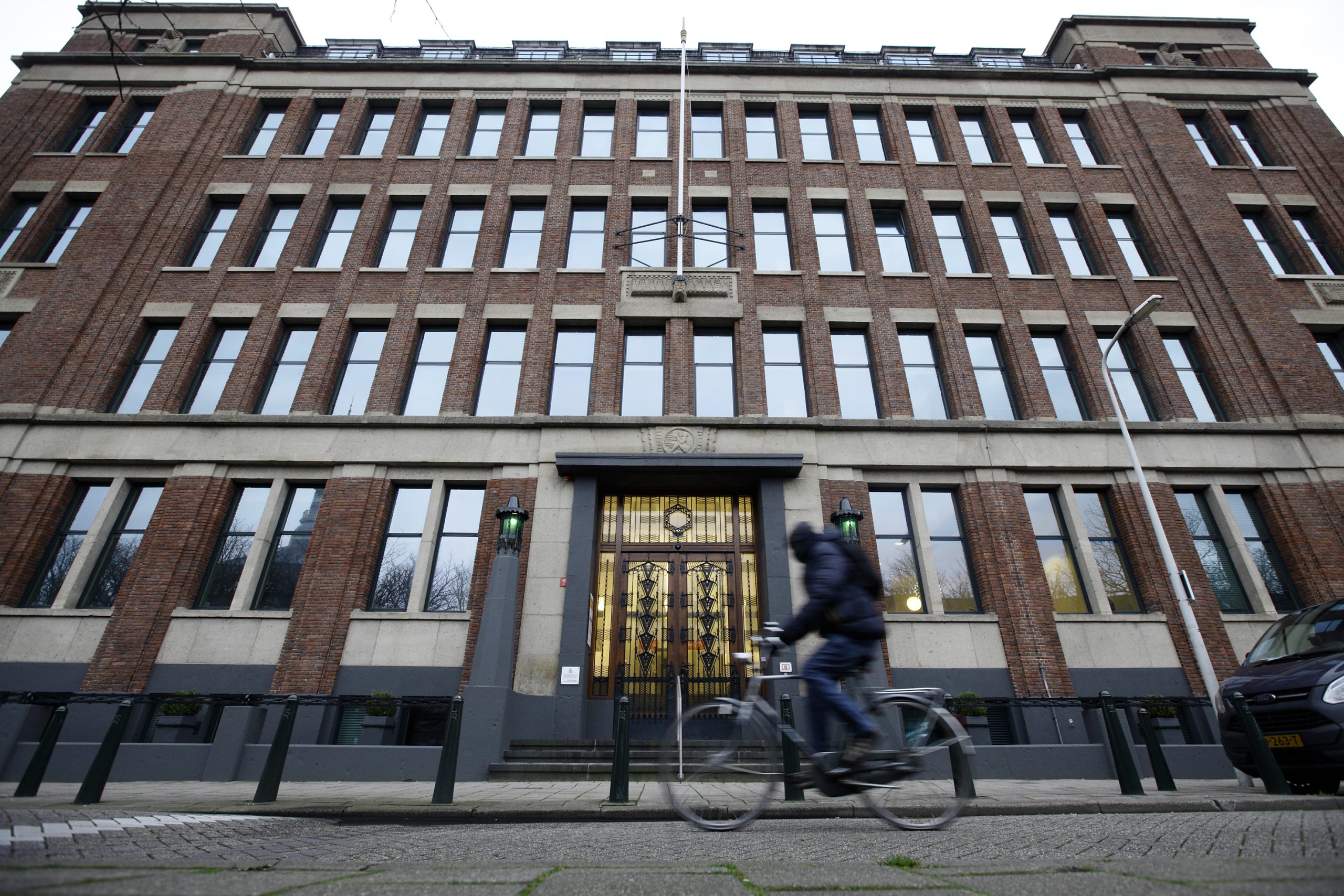Dutch universities are internationalising at break-neck speed, with TU Delft alone adding over 1,000 international students every year. Policy makers, however, seem to have some catching up to do.
As per regulation, non-EU students are only allowed to work for 10 hours a week. Even though employment agencies and small companies seem eager to hire internationals as student employees, this rule makes it challenging to do so.
In the first two parts of this series, TU Delta spoke with students and employers for their take on the matter. International students pointed out that several of them come with heavy student loans and limited working time also hampers their ability to pay those off. While international student employees are prized in a globalised city such as Delft, the time restrictions mean they can only do a limited amount of work. This makes them less attractive to potential employers as well.
In the final part of our series, we bring you some insight from Nuffic, the national organisation that facilitates internationalisation in higher education, research and professional education.
Founded in 1952, the organisation works closely with the Dutch Ministry of Culture, Education and Science, the Ministry of Foreign Affairs and universities across the Netherlands. They also have education support offices in Brazil, China, India, Mexico, and several other countries.
In many ways, Nuffic also works as the mediator between international students and official organisations.
“We are aware about how students feel about the matter and it is something that has come up for discussion with various ministries often,” said Irma Nentjes, advisor mobility issues, public relations department, Nuffic.
Nentjes explained that policies regarding internationals, labour laws and work permits are made collaboratively by the IND (Office of Immigration and Naturalisation Service) and UWV (Employee Insurance Agency). “The official standpoint is that students should focus on their academics and not be distracted by working long hours. However, international students know how important their studies are, especially now with the number of credits required. If they are given a few more hours to work, they will find a way to balance them as well,” she said.
She is not the only person to feel this way. The matter has reportedly been addressed in the New European Directive being discussed by all member states of the European Union. “It is very likely that in the next two or three years the number of hours might go up to 15 hours a week. But, these things take time, it is still in the planning stage,” said Nentjes.
Meanwhile, Nuffic has taken on other student grievances. “We received a lot of complaints that students found it difficult to deal with key organisations such as the tax office and the College van Zorgverzekeringen (CVZ), as all the communication was in Dutch. We are busy convincing them to communicate in English as well.” Nuffic also has a leading role in the national project called Make It In The Netherlands, which is aimed at helping international students graduating in the Netherlands find employment here.
While change may be slow in coming, students can at least be reassured that their voices are being heard.
This is the last article on work and the international student in a series of three.



Comments are closed.